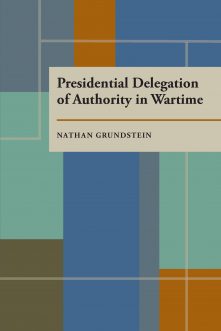History / United States / 20th Century
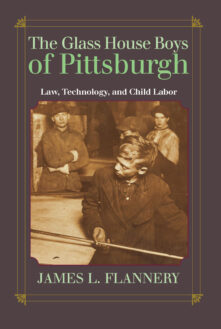
The Glass House Boys of Pittsburgh
Law, Technology, and Child Labor
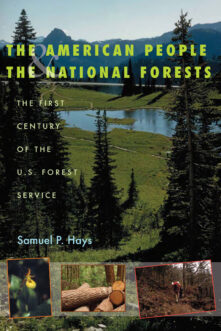
The American People and the National Forests
The First Century of the U.S. Forest Service
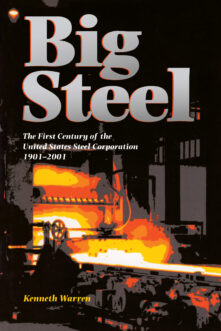
Big Steel
The First Century of the United States Steel Corporation 1901-2001
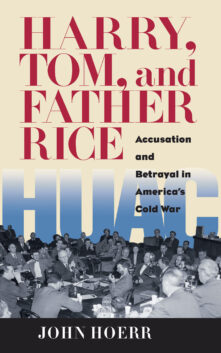
Harry, Tom, and Father Rice
Accusation and Betrayal in America's Cold War
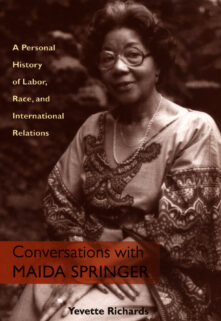
Conversations With Maida Springer
A Personal History Of Labor, Race, and International Relations
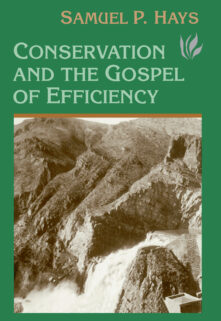
Conservation And The Gospel Of Efficiency
The Progressive Conservation Movement, 1890–1920
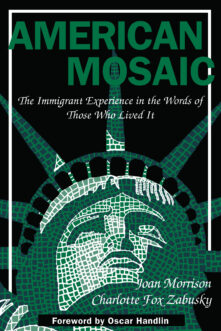
American Mosaic
The Immigrant Experience in the Words of Those Who Lived It
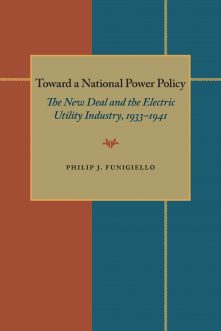
Toward a National Power Policy
The New Deal and the Electric Utility Industry, 1933–1941
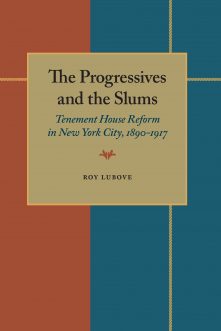
The Progressives and the Slums
Tenement House Reform in New York City, 1890-1917
Total 25 results found.


